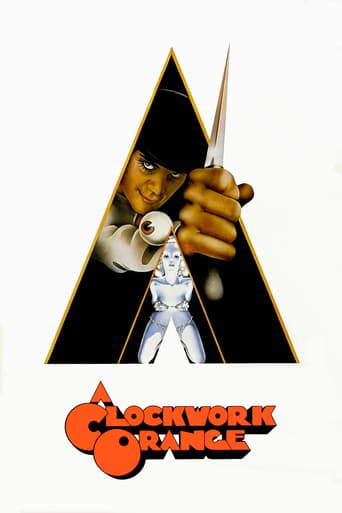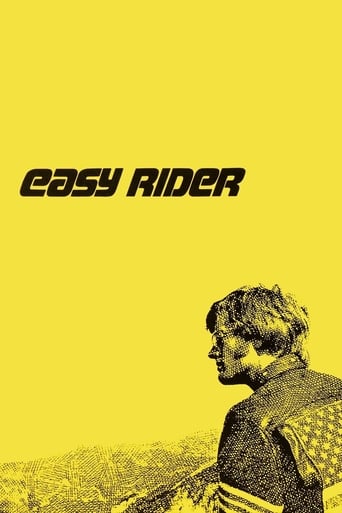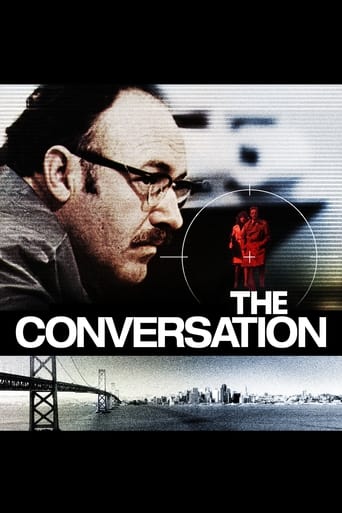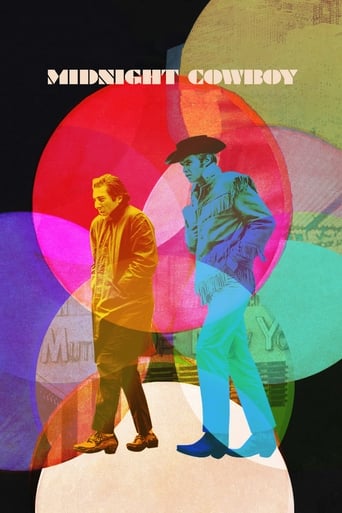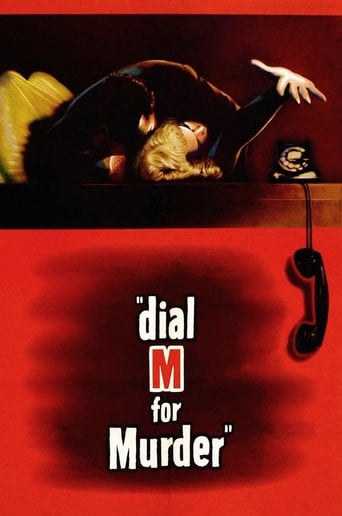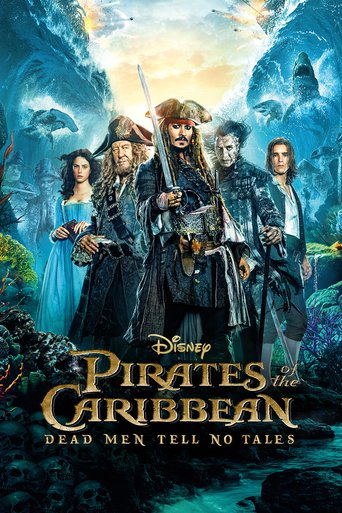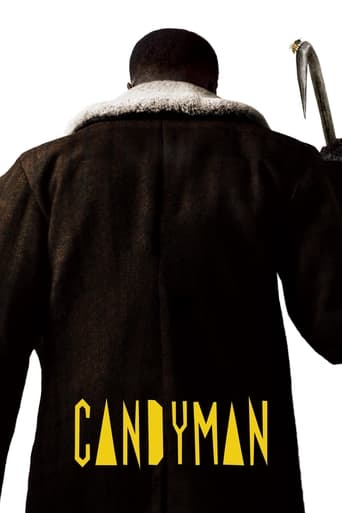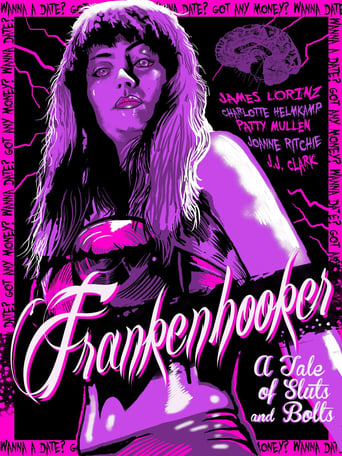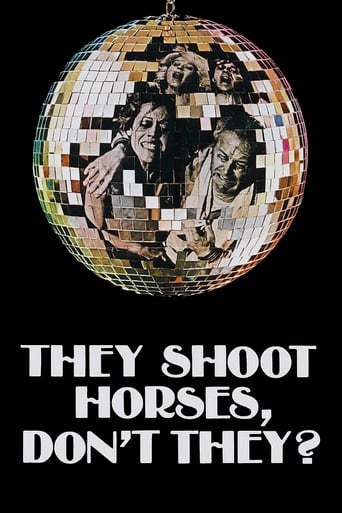


They Shoot Horses, Don't They?
In the midst of the Great Depression, manipulative emcee Rocky enlists contestants for a dance marathon offering a $1,500 cash prize. Among them are a failed actress, a middle-aged sailor, a delusional blonde and a pregnant girl.
-
- Cast:
- Jane Fonda , Michael Sarrazin , Susannah York , Gig Young , Red Buttons , Bonnie Bedelia , Michael Conrad


Similar titles
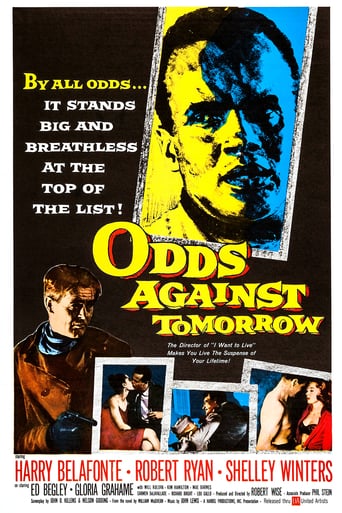
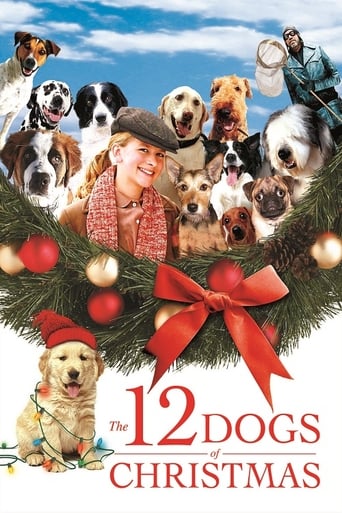
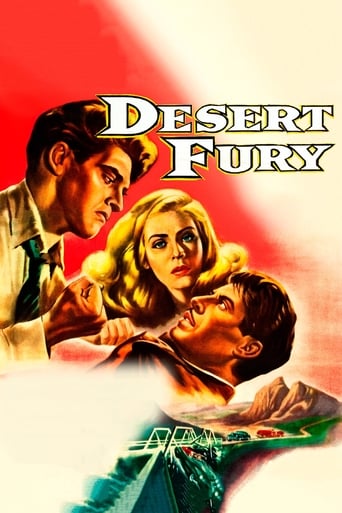
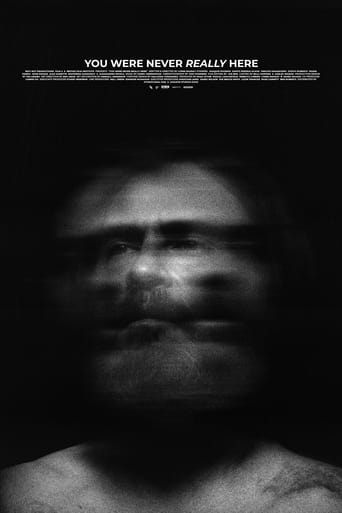
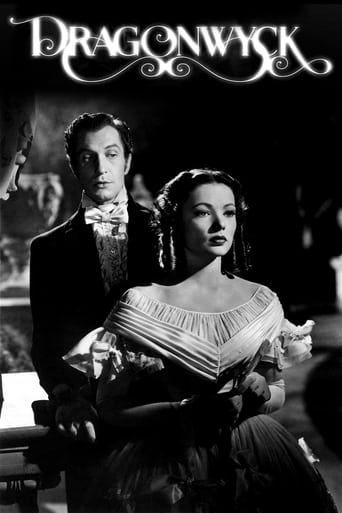
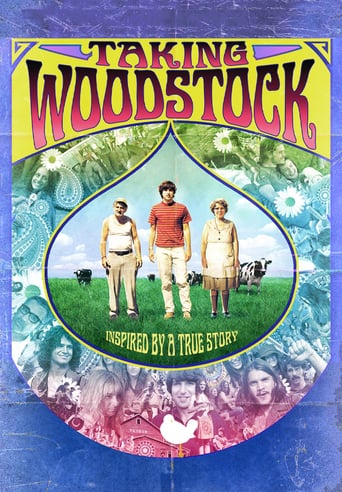
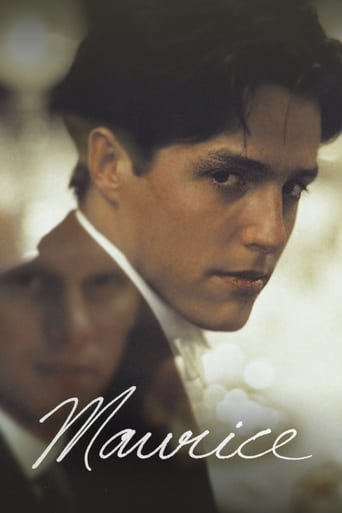
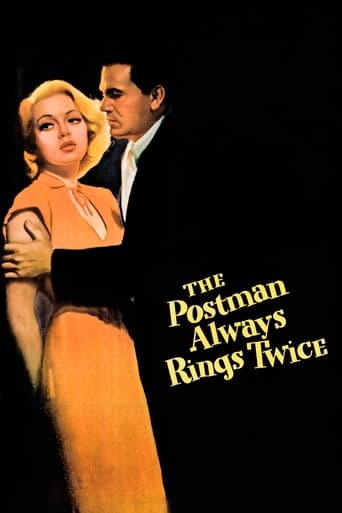

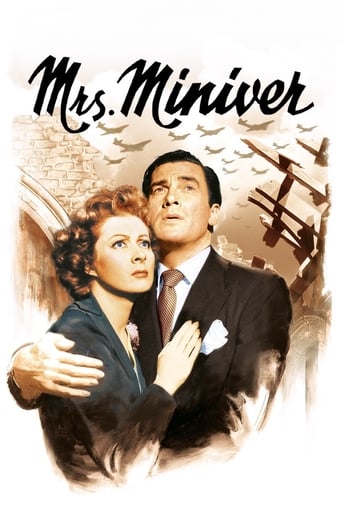
Reviews
Simply Perfect
It's fun, it's light, [but] it has a hard time when its tries to get heavy.
At first rather annoying in its heavy emphasis on reenactments, this movie ultimately proves fascinating, simply because the complicated, highly dramatic tale it tells still almost defies belief.
An old-fashioned movie made with new-fashioned finesse.
During the Great Depression, participating in dance marathons was a very popular activity. Couples would enter and dance nonstop for hours, days, weeks, or months, and audiences would flock to watch and cheer on their favorite team. The winning couple would receive some prize money, and in the meantime, the contestants would be fed and sheltered for as long as they endured. If you've never heard of this, or you're not up on your 1930s history, you might want to read up on the horrors of the Great Depression before renting They Shoot Horses, Don't They? If you don't really understand how desperate and hopeless these dance contestants felt, you might not be able to appreciate Robert E. Thompson's and James Poe's screenplay. The characters in the film act like condemned gladiators who will do anything to entertain the crowd before getting thrown into the lion's den. They stay on their feet no matter the cost, whether it's their health or dignity. They sleep while dancing, leaning on their partners, and one woman enters the contest while pregnant because she has no other prospects.They Shoot Horses, Don't They? is incredibly bleak. There are no happy parts to the story; this isn't a two-sided view of the famous walkathons of the Great Depression. The camera captures the up close and personal horrors the contestants experience, backstage and in front of the audience cheering in the stands. The audience is shown cheering when horrible things happen to the dancers; they treat them like animals in a horse race. Sydney Pollack directed the movie, and while it would have been easy to film it in a sensational, flashy manner, he chose a bleak approach. The colors are muted and dusty against the cheery façade of the event, and the sweaty and haggard faces show through the performance makeup.Jane Fonda, Michael Sarrazin, Susannah York, Red Buttons, Bruce Dern, Robert Fields, and Bonnie Bedelia are the featured dance contestants, and Gig Young is the MC. Everyone gives a superb performance, and Fonda, York, and Young were honored at the 1970 Oscars. Sydney Pollack was also nominated for his outstanding direction, as were the costumes, art direction, adapted screenplay, music, and editing. I've seen this film three times, but it isn't for everyone. It's extremely heavy and upsetting. But if you like movies that fall under the "people are terrible" mantra, like Network or The Great Gatsby, you'll be in a good position to appreciate this well-crafted film.Kiddy warning: Obviously, you have control over your own children. However, due to some upsetting content, I wouldn't let my kids watch this movie.
When I saw this film, I initially thought it was incredibly unrealistic. But it turns out, to my surprise, the historical aspects of this film are pretty close to reality. Apparently dance marathons in the 1920s and 30s, also known as "walkathons", did proceed something like the one depicted in the film. Many of the details of the competition — 10 minutes of sleep per hour, several meals a day eaten while standing, sponsors, contestant performances, the proposed "wedding", special endurance events — actually occurred in historical dance marathons. Even the ending is not too far from reality — in 1928 a Seattle woman attempted suicide after finishing in fifth in one such competition.However, despite the apparent historical accuracy of this film, it remained unconvincing due to poor writing and characterization. The character played by Jane Fonda was supposed to seem desperate and bitter, I think, but just came off as cruel and dislikable. She wasn't just defensive, she seemed to go out of her way to hurt and antagonize those around her. What a b****, seriously. The male lead was also underdeveloped; his only character traits were a sort of perpetual bewilderment and a vague fondness for the ocean and/or the sun. The MC was probably supposed to seem like a long-time showman with occasional moments of sympathy for the contestants, but his alternations between kindness and callousness just seemed inconsistent. The other characters functioned as sort of bipedal set pieces and were given even less depth and development than the main characters. In fact, the only development that seemed to happen during the film was a long, slow slide into exhaustion, both for the characters and the audience.This brings me to my second complaint — the pacing was rather poor. Due to the nature of the competition, there were long periods where nothing was happening. These could have been used to give us some more insight into the characters' thoughts, feelings, or motivations but instead the audience was treated to periods of boredom, sporadically broken up by miscellaneous events, few of which had any real significance to the story. The ending just came out of nowhere for me, although I figured out midway through what was going to happen due to the clumsily-administered flashbacks and film title. It was as if, after reaching a certain desired length for the film, they decided it had to end somehow and this was the quickest way. Since we never really got to see why the whole thing mattered so much to the female lead, there was no motivation for her sudden plunge into suicidal despair at the end. The intended metaphor is of a broken-legged horse, writhing in suffering on the ground. But all that I saw in front of me was a bitter woman who was apparently unable to cope with the tragedy of a ripped stocking, an unsuccessful acting career, and a rigged endurance competition. And the laconic male lead, while seeming to exude a sort of naive sympathy for everyone around him, didn't seem to have any good reason for assisting in the act. If he really cared about the Jane Fonda character, he would've taken the gun away from her and put her to bed.There were a couple of other things that bothered me here and there. One thing was the pointless partner-swapping somewhere in the middle of the film. The Fonda character has known the Sarrazin character for a few weeks at most, most of which was spent shuffling around half-asleep. Why would she even care if he sleeps with some woman? The whole thing just seemed contrived and unnecessary. A second quibble was with one of the last scenes of the movie, where the male lead utters the movie's line that makes the movie's title. To all you would-be screenwriters out there: DON'T EXPLAIN THE F***ING SYMBOLISM! It's enough to show the woman falling down like the horse in the meadow. We don't need to have the guy specifically tell the audience what it meant.If I had to say the one defining flaw of the movie, it was that it spent too much time showing us the particulars of the event and not enough letting us get to know the characters. Interestingly enough, by placing the focus on the event itself and not on its participants, the film effectively denies the characters their humanity, showing them instead as little more than livestock. As a result, the drama is reduced to spectacle and the viewer is placed in the same role as the people who attended these events back in the 20s and 30s. I don't think this was intentional, but it was still interesting. It kind of makes you wonder: why am I watching this?
The glam-shot lobby posters were misleading. This is powerful and uncompromising movie-making of the sort that only existed for a few years between the family friendly mid-60s and the blockbuster-driven late 70s. It features the role that got Jane Fonda away from her Barbarella-style sex-kitten image to emerge as one of the great movie actresses of the age. Fonda is Gloria, a hard-edged, world-weary woman, who has been lied to and used for so long and fallen so far down on her luck that she finds herself competing in one of those grueling, spirit- breaking, mind-destroying dance marathon contests that proliferated for a few years during the Depression when folks would do anything for money and which serves as an allegory for the age. The contest is shown in all of its harsh and ugly details. Competitors dance until they drop, getting counted out on the floor like KOed fighters, eat while dancing, even try to sleep against one another while their feet keep moving. They wash their hair and clothes in the ballroom sinks, try to sleep on narrow, stinking cots during the rare rest periods, and keep moving, always moving, for two months of unending misery. As cynical MC Gig Young (Oscar winner for Best Supporting Actor) points out, the spectators are not there to see a contest - they came to see folks worse off than they are. The film is shot in suitably harsh tones with unflattering lighting to point up the suffering on the actors' faces and uses semi-darkness to maximize the claustrophobic feeling of being stuck in the same building for so long and never seeing the sun. Michael Sarrazin plays a naive nice-guy who wanders in off the beach and finds himself in the contest. His is the viewpoint character, but Sarrazin himself never had much presence and is of little individual interest. Fonda and Young anchor the picture as victim and victimizer, in a literal dance to the bitter end. Some reviewers found the ending predictable and unnecessarily grim and tragic. Yet, the Depression itself had much of the grim inevitability of Greek tragedy, and one might argue that it is simply appropriate to all that came before. My view is that this is one of the best movies that came out that year.
OK, here's my story about this film. I grew up in the 60's when we got to see older movies on the TV, that had been edited for time and content. That's where I first saw "They Shoot Horses Don't They?" on late night TV. It was one of those films that my Mom let me stay up to watch with her. I remember not understanding the title back then, but I remember being amazed by the film's story, even at a very young age. I was a big fan of Michael Sarrazin who I had seen in "Frankenstein The True Story", and the eerie, "The Reincarnation Of Peter Proud". Along with Jane Fonda, Red Buttons, and yes, The Munsters Al Lewis. I hadn't seen it again until I found a used copy in a store the other day. This time I was again blown away by it! It is the story of dancers competing in a dance marathon during the days of the depression in the United States, and what they go through for the "entertainment of the crowd" and the winning prize money. The performances are totally engaging,and director Sidney Pollack is at the top of his game on this one! It was nominated for nine academy awards, and is a stunning period piece of Americana.The entire cast is a perfect mix for this film including, Gig Young, Susannah York, and Bonnie Bedelia. You'll be as exhausted as the competitors following this one! Don't miss it!! By the way, I understand the meaning of the title now too.

